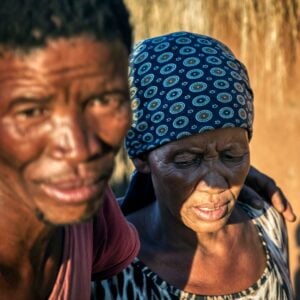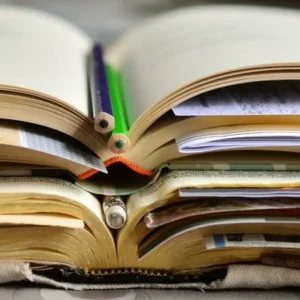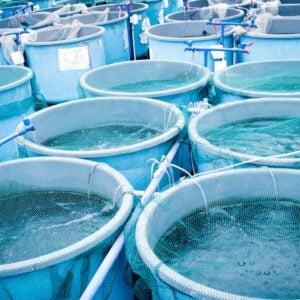Audrey Azoulay, Director-General of UNESCO, and Professor Peng Liyuan, Special Envoy of the Organization, marked the 10th anniversary of the UNESCO Prize for Girls’ and Women’s Education, supported by China. During her visit, Azoulay will also sign agreements to establish a new UNESCO Institute in Shanghai focused on science and technology education, a field where women remain underrepresented. The Prize provides financial support, global recognition, and visibility for outstanding initiatives in girls’ education, contributing to long-term societal change and greater legal and practical acknowledgment of this fundamental right.
Over the past three decades, global enrollment for girls in primary education has risen from 92% to nearly universal levels, while secondary education enrollment increased from 52% to 77%. Higher education has seen the number of female students triple, from 41 million to 139 million. UNESCO has supported 44 Member States in 2024 alone with dedicated public policies to achieve such progress. However, 133 million girls worldwide remain out of school due to lack of funding, gender bias, or regressive policies. Afghanistan remains the only country where secondary and higher education is prohibited for girls, affecting more than 2.2 million young women.
Gender disparities persist in Science, Technology, Engineering, and Mathematics (STEM), where women represent only 35% of graduates. In 2024, UNESCO assisted 17 countries in reducing barriers to girls’ participation in STEM through mentoring programs and teacher training. Azoulay’s visit to Shanghai will include the future UNESCO International Institute for STEM Education, which aims to strengthen support for countries in these disciplines and encourage young women to pursue careers in innovative fields.
The UNESCO Prize for Girls’ and Women’s Education, established in 2015 with support from China, highlights UNESCO’s commitment to gender equality and sustainable access to education for women. Over ten years, the Prize has recognized 20 laureates whose initiatives have supported millions of girls and women worldwide. Each laureate receives $50,000 to continue their work, with this year’s winners hailing from Kenya and Lebanon.
The Nashipai Maasai Community Projects in Kenya, founded in 2015, supports Maasai girls’ education through scholarships and community initiatives addressing child marriage and gender stereotypes. The program has helped over 3,000 girls complete their schooling and pursue higher education, fostering a new generation of gender equality leaders.
All Girls Code in Lebanon, founded in 2017 by two young women, provides girls across the Arab region with training in coding, technology, and leadership. The initiative, led by youth and volunteers, has benefited over 2,500 girls in nine countries, including disadvantaged communities and refugees, opening educational and career opportunities in digital fields.







